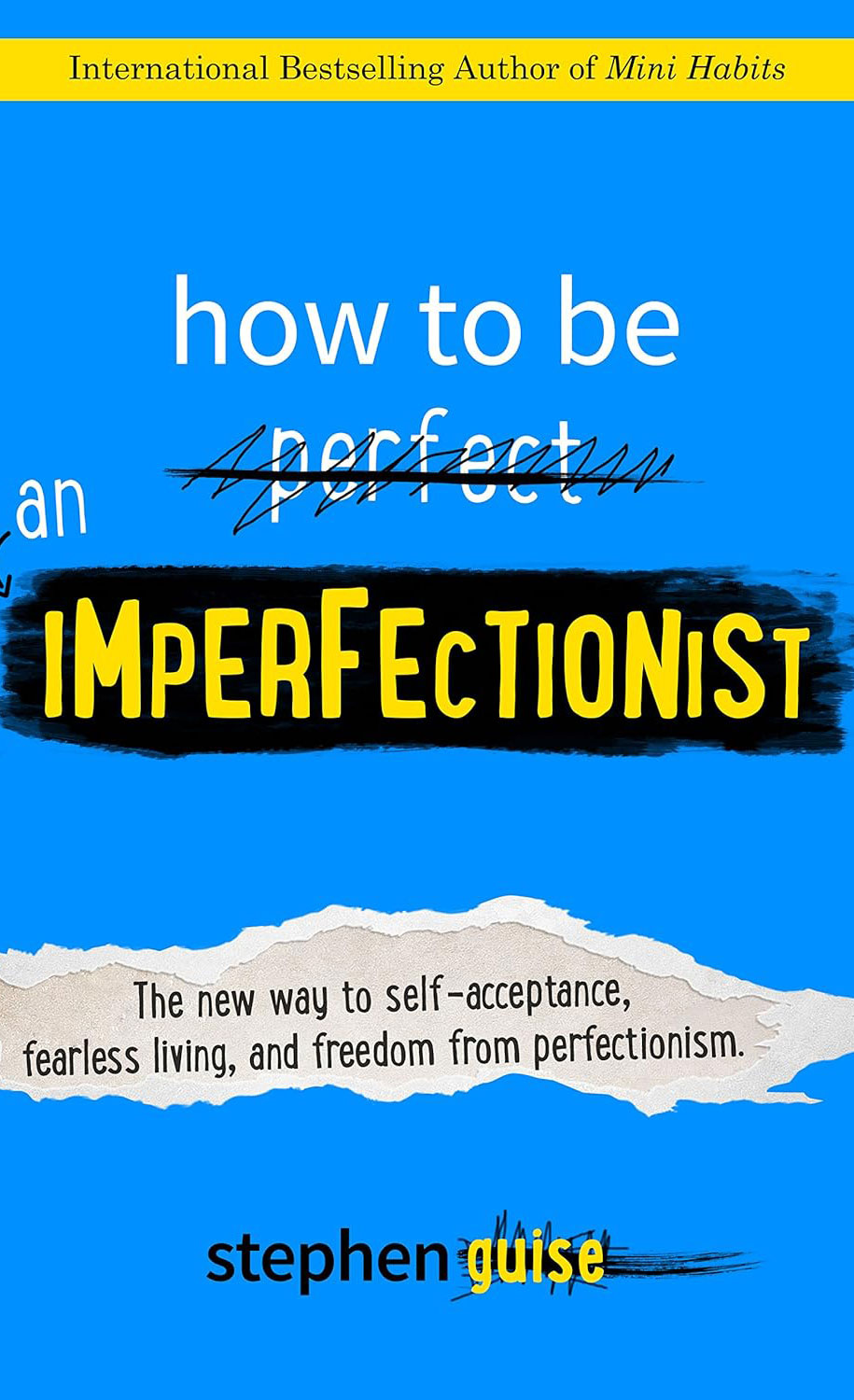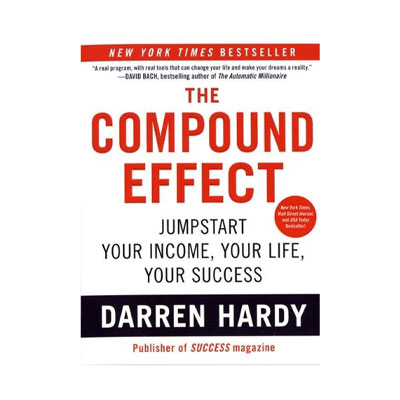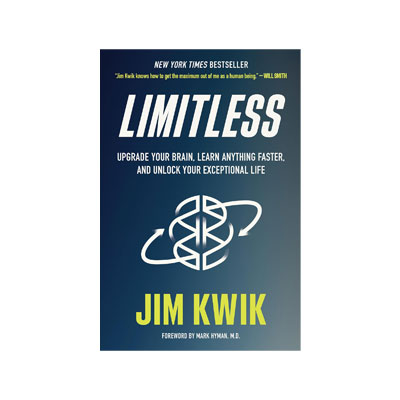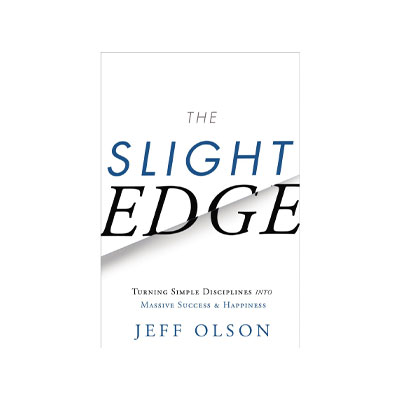Book Summary
In his book "How to Be an Imperfectionist" Stephen Guise is dedicated to raising awareness about the negative consequences of perfectionism. He strives to enhance each individual's enjoyment of life through the concepts he has created. If we take a moment to reflect on ourselves and those around us, we will realize that in various life decisions—such as choosing a career, selecting a romantic partner, improving living conditions, personal growth and success, and even establishing effective and beneficial communication with others—we often struggle with perfectionism, which can create problems in selecting the best options.
This book clarifies that perfectionism is a flawed way of thinking, and the good news is that by accepting this reality and then applying willpower and correct habits, it can be improved and overcome. For instance, the author himself states that in his personal life, he set such ideal and heavy goals for himself while exercising that achieving them made the initial decision-making process and practical actions very difficult. This led him to abandon the goals he had set after encountering several obstacles. However, he later realized that by breaking down long and challenging stages into smaller, more manageable steps—such as exercising in different places and at various times—he could make achieving his goals more believable.
In other words, reaching a goal does not necessarily have to occur under ideal conditions or without any flaws; rather, the destination should be defined, and then we must navigate the path to that destination regardless of our circumstances. The main problem for perfectionists is that they lack a middle ground; they believe that either a task must be done perfectly without any mistakes or it should not be attempted at all. On the other hand, normalcy means accepting the truth that none of us are perfect while still being capable of doing our best in our own way. The first step is to begin the task at hand without solely focusing on the outcome, overcoming unfounded fears that torment us from within, and recognizing ourselves as worthy of appreciation and encouragement even at this stage of the journey.
With detailed discussions on the limits of perfectionism and its drawbacks, as well as the advantages of normalcy, Stephen Guise makes an unparalleled effort to convince readers that the results of being ordinary are incomparable to those of being a perfectionist. All it takes is for those interested in him and his book to trust him to achieve remarkable accomplishments.
About the Author
Stephen Guise is an American author who is also involved in international blogging and entrepreneurship, currently residing in Disneyland in Florida. In addition to the aforementioned book, his book "Mini Habits" is among his bestselling works on Amazon and The New York Times list, having been translated and published in over 18 living languages worldwide.
Who Should Read the Book?
The lack or deficiency of self-confidence and self-esteem leads many individuals to a point where they unfortunately lose the courage to take steps toward their desires, believing that nothing will ever meet their expectations. This group of people thinks everything must be ready for them before they can embark on their path; since this never happens, they find it hard to convince themselves to start anything. Therefore, reading this work, which offers suitable solutions to eliminate this type of thinking and embark on a path deserving of capable individuals, is highly recommended for this segment of diverse societies.
Table of Contents
The author of "How to be an imperfectionist" has categorized what he deems necessary into ten chapters for his audience. The chapter titles are as follows:
- Definition of Perfectionism
- Exploring the Mind of a Perfectionist
- Advantages of Normalcy and Disadvantages of Perfectionism
- The Mindset of an Ordinary Person
- Unrealistic Expectations
- Mental Rumination
- The Need for Approval
- Fear of Making Mistakes
- Doubt in Taking Action
- Conclusion
Book Quotes
If we truly understood the destructive impact of perfectionism on humanity, we wouldn't be so thrilled and happy to label ourselves as perfectionists. I do not judge anyone for having such a mindset because we are all perfectionists in some ways, but the phrase "I am such a perfectionist" is a wound that is treated like a beautiful piece of jewelry.
Almost everyone has unconsciously learned perfectionism by copying the goals of those around them. Any goal that we consider normal is actually a perfectionistic goal in terms of quantity, and almost everyone has such goals.
Perfectionism is like a 20-ton shield we wrap around ourselves, hoping it will protect us from harm, but in reality, all this shield does is prevent us from being seen.
Never forget that if you can change your feelings by doing something, it is much easier than trying to change your actions by thinking and striving for a different feeling.
Details matter; do you know why? Even if we can understand the freedom and power of normalcy after reading this book, it still won’t be enough if you don’t decide to view perfectionism as a destructive mindset. The illusion of superiority will prevent you from achieving the desired changes. Perfectionism brings about serious problems that are often mistakenly attributed to other causes. It is one of the main reasons for the onset of depression, which itself leads to many other issues, such as addiction.
Researchers have not sought solutions to the problem of perfectionism based on the information gathered; instead, they have modeled it and attempted to define the term and the problems it brings without criticizing such a mindset. Their goal has been more to say: this is the information we have gathered rather than trying to find a solution.
We do not want to discuss what perfectionism is or is not in a specialized way; we are here to find solutions to this problem. The question I am always interested in is: What is the most logical thing that can be done with this information?
Some subscales have been removed due to their simplicity and commonality with other issues. For example, perfectionism related to parents stems from unrealistic expectations and the need for approval. The solutions for these issues do not differ much because the problem originates from the individual’s parents.
Reaching a goal is like pole vaulting; failure is below the bar, and success is above it. It doesn’t matter how high you go; what matters is that you get over the bar. Insecurity and low self-esteem make you extremely sensitive about your mistakes. The thought that "if you concentrate, you won’t make mistakes" instills a false sense of security. True security comes only when you recognize and accept yourself as you truly are.
If you are not seen, you will also be spared from embarrassment. Perfectionism is a problem because it sets the bar of perfection as the minimum of your desires. Those who have successfully changed their lives have realized that when they start doing something, their emotions flow naturally.
The ultimate child of perfectionism is anorexia, the desire to achieve a perfect weight or an ideal image of your body. This is one of the most dangerous and hardest psychological disorders in terms of treatment, so let’s not take perfectionism lightly; it is a mental disorder.
The quality standard of perfectionism is the kind everyone knows and concerns themselves with. Individuals caught up in this type of perfectionism become weary from their endless desire to achieve flawlessness. These individuals usually exhibit such behaviors at work, but it can also affect their family life; for example, someone who can only accept cleanliness or school grades if they are perfect.
Those who feel secure within themselves are less likely to suffer from perfectionism because they possess a unique positive mindset that allows them to see the positive aspects before focusing on negative traits.
If you feel insecure about something, know that there is someone in the world who lives confidently despite having the same flaw. This will calm you down and empower you.






















